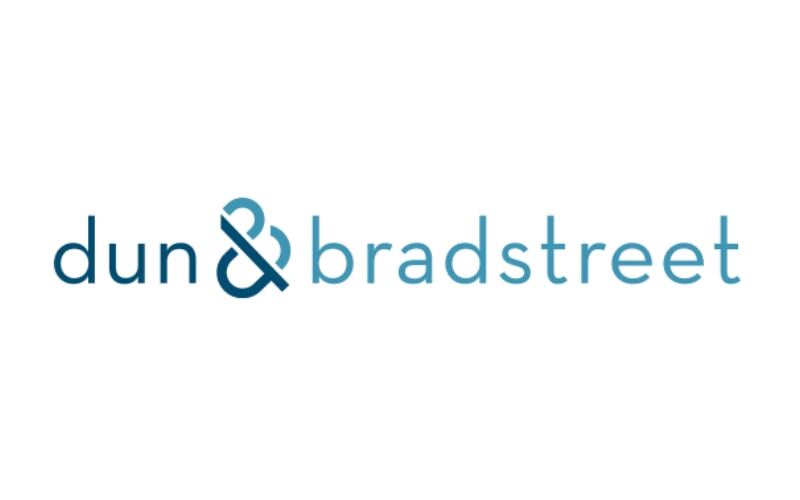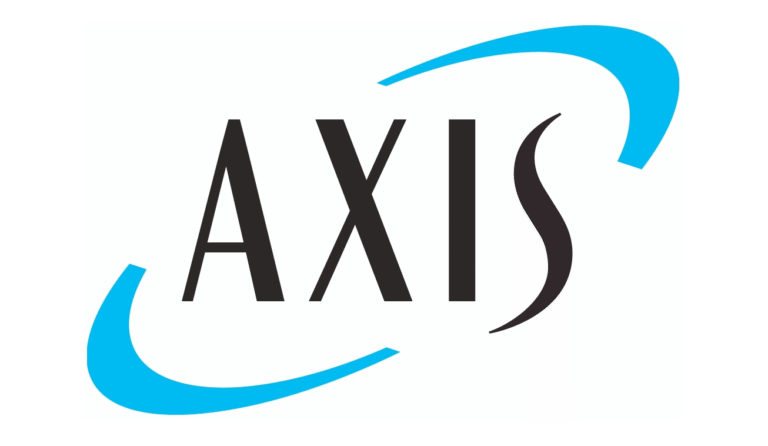
Insurance companies are facing growing third-party risk, with 85% of UK insurers and brokers having experienced negative impacts from such risks, according to a recent Dun & Bradstreet report.

The most common consequences of third-party risk included security breaches, financial losses, supply chain disruptions, and reputational damage.
To strengthen risk management, the report recommended implementing robust third-party risk frameworks and leveraging external data sources to gain deeper visibility into partner vulnerabilities. It also advised prioritising investment in cybersecurity and fraud prevention technologies, with an emphasis on proactive monitoring and real-time threat detection.
The report revealed that confidence in internal data remains low despite mounting external pressures. Nearly 70% of respondents said they cannot effectively forecast future trends, over 80% are unable to assess non-financial risks, and just 29% feel equipped to make informed business decisions.
These limitations are compounded by persistent data challenges: 71% reported duplicate data, 63% distrust their datasets, and 57% said their data is siloed.
Zulf Raja, Head of Insurance at Dun & Bradstreet, said, “Insurers are rightly increasing their investment in risk management; many are still trying to tackle tomorrow’s threats with yesterday’s tools.
“Reliance on poor-quality data and manual processes not only leaves firms exposed but actively undermines the value of their investments. Prioritising strong data foundations and processes is essential to support smarter decision-making and help insurers keep pace with the complexity of today’s risk landscape.”
The research also highlighted a disconnect between investment and preparedness. Most firms have increased budgets over the past 18 months across key areas, including ESG (71%), cybersecurity (74%), legal and compliance (73%), and fraud prevention (64%).
However, many respondents still feel underprepared to manage these challenges: 34% for ESG, 28% for cybersecurity, 25% for legal and compliance, and 22% for fraud.
This gap between investment and readiness suggests firms struggle to translate budgets into effective risk mitigation. One of the top barriers cited is the difficulty of measuring or quantifying risk (32%). Strengthening data quality and modernising risk processes is now critical for insurers.





